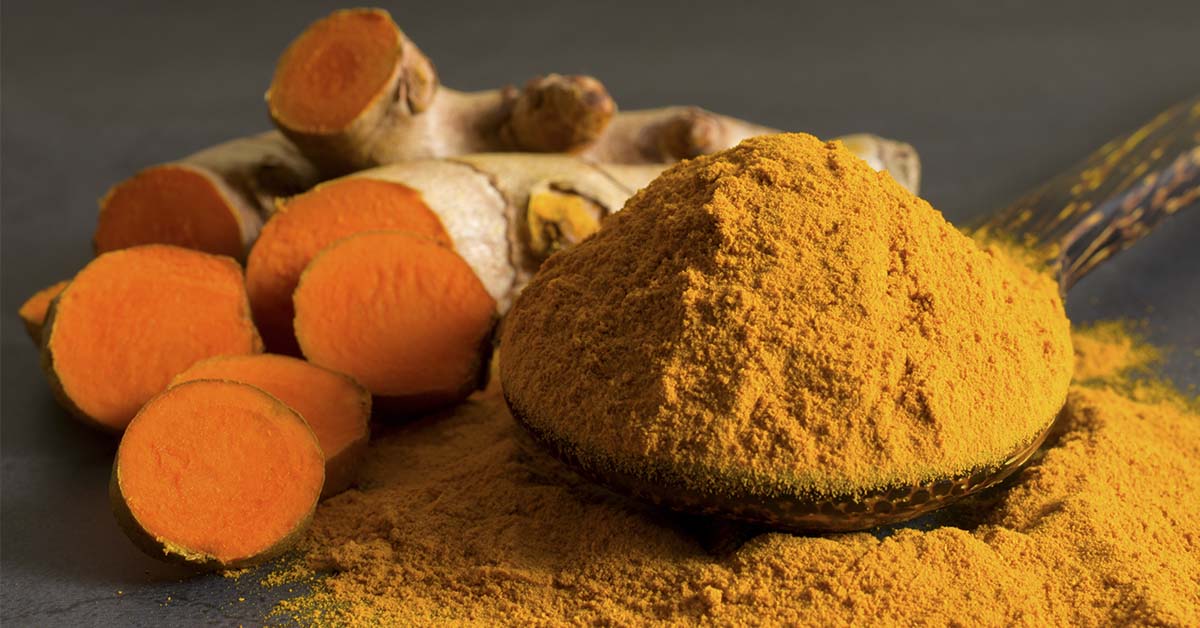If you suffer from joint pain, you know how debilitating it can be. Fortunately, natural remedies may help alleviate the discomfort and improve your quality of life. Herbs and spices have been used for centuries in traditional medicine to address various health issues, including arthritis and joint pain. In this article, we’ll explore seven herbs with proven anti-inflammatory properties that can help fight joint pain and discuss how to incorporate them into your diet for maximum benefits.
1. Ginger (Zingiber officinale)
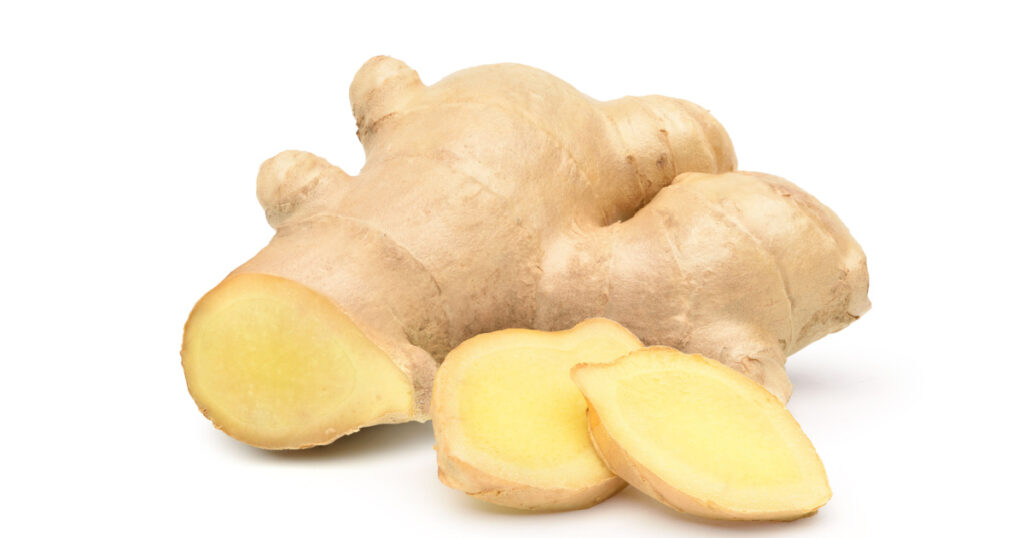
Ginger is a popular spice known for its peppery yet sweet flavor. Besides its culinary uses, ginger has a long history of use in traditional medicine to treat conditions such as colds, migraines, nausea, and arthritis. Its anti-inflammatory properties are attributed to active compounds like gingerol, shogaol, zingiberene, and zingerone.
Studies have shown that taking ginger supplements can significantly reduce markers of inflammation, including C-reactive protein (CRP) and tumor necrosis factor-alpha (TNF-α). For general health, try incorporating fresh or powdered ginger into your cooking. To aid with joint pain or consider using ginger extracts internally or topically.
2. Garlic (Allium sativum)
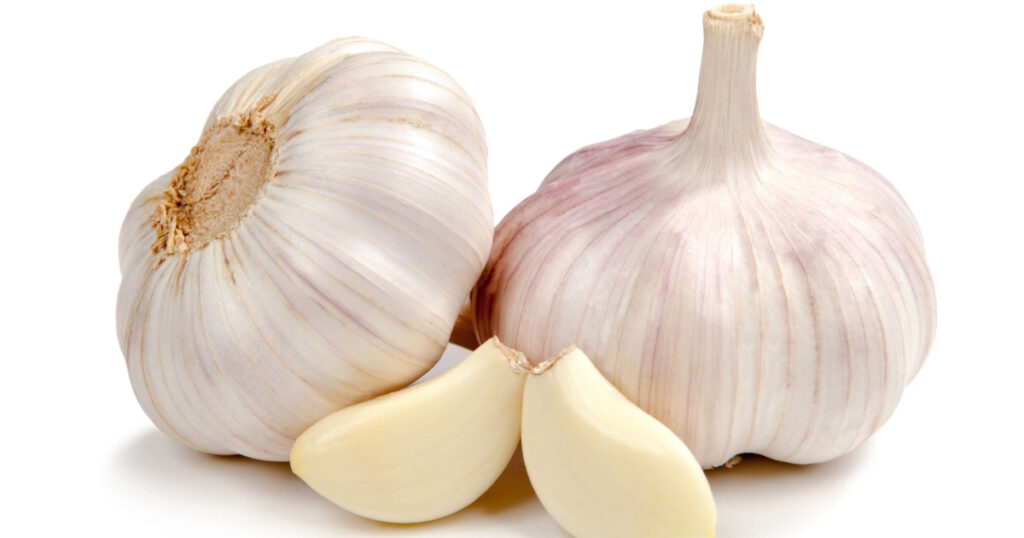
Garlic is a popular spice with a strong smell and taste. It has been used in traditional medicine for centuries to treat various health conditions, including arthritis and joint pain. The sulfur compounds in garlic, such as allicin and diallyl disulfide, have potent anti-inflammatory properties.
Studies have found that garlic supplements can reduce blood levels of the inflammatory marker CRP. You can easily add fresh garlic to your dishes for its flavor and potential health benefits.
3. Turmeric (Curcuma longa)

Turmeric is a spice commonly used in Indian cuisine and has been used in traditional medicine for its healing properties. The active compound curcumin in turmeric has powerful anti-inflammatory effects by blocking the activation of NF-κB, a molecule that promotes inflammation.
To maximize the absorption of curcumin, pair turmeric with black pepper, which can increase its absorption by up to 2,000%. Use turmeric in curry dishes, soups, and stews, or take curcumin supplements with black pepper extract.
Read: Your Heart Is Not Always The Problem If You’re Feeling Pain Under Your Left Breast
4. Cardamom (Elettaria cardamomum)
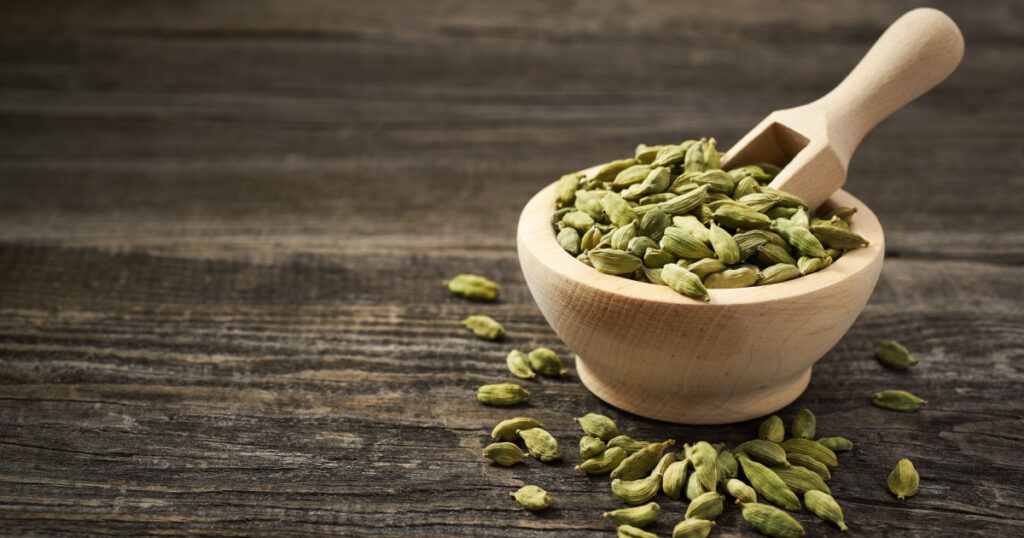
Cardamom is a spice native to Southeast Asia with a sweet and spicy flavor. Research suggests that cardamom supplements may reduce inflammatory markers like CRP and IL-6. It has been found effective in reducing joint pain and inflammation in individuals with prediabetes and nonalcoholic fatty liver disease.
Add cardamom to curries, stews, and other savory dishes to enjoy its unique taste and potential health benefits.
5. Black Pepper (Piper nigrum L.)
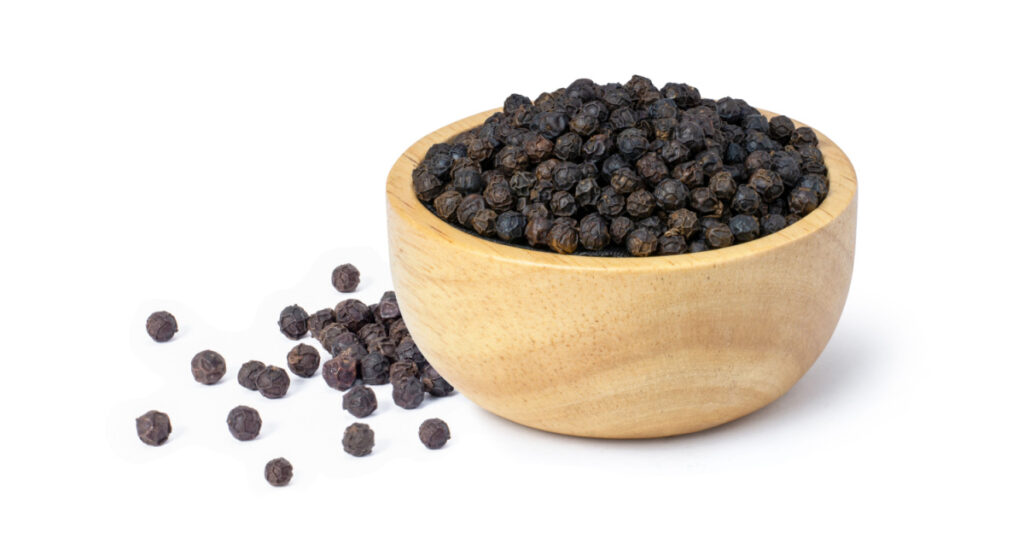
Black pepper is widely known as the “king of spices” and is popular worldwide. While limited human research has been conducted on its anti-inflammatory properties, animal studies have shown that piperine, the active compound in black pepper, can reduce joint swelling and inflammation.
Using black pepper as a seasoning in your cooking is an easy way to incorporate it into your diet.
6. Ginseng (Panax ginseng and Panax quinquefolius)
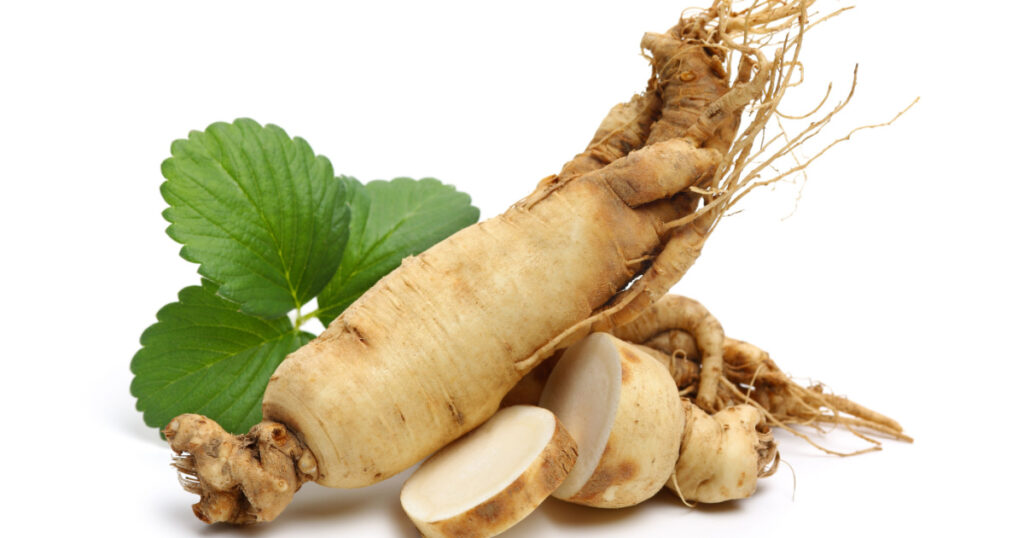
Ginseng has been used in Asian traditional medicine for thousands of years and is known for its health benefits. Studies have shown that ginseng supplements can reduce inflammatory markers like joint pain, CRP, and IL-6.
You can enjoy ginseng by stewing its roots in tea or adding them to soups and stir-fries. Alternatively, ginseng extract supplements are available in various forms.
7. Green Tea (Camellia sinensis L.)
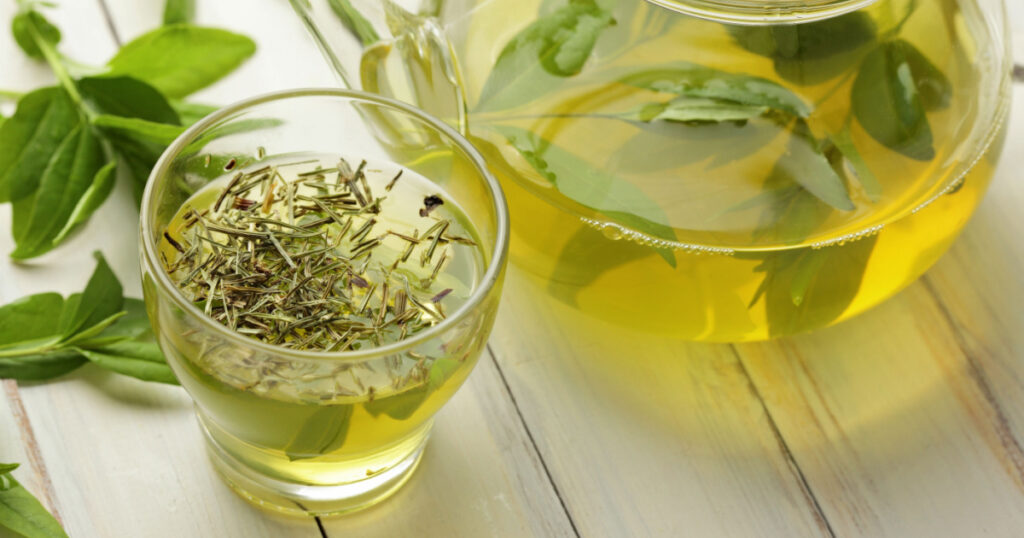
Green tea is a popular herbal tea with numerous health benefits. Its polyphenols, particularly epigallocatechin-3-gallate (EGCG), have been linked to anti-inflammatory effects and have shown promise in reducing inflammation associated with conditions like ulcerative colitis and Crohn’s disease.
Brew green tea leaves to make a soothing cup of tea, or try matcha powder or green tea extract supplements for a concentrated dose of its health-promoting compounds.
In conclusion, adding these herbs to your diet may help fight joint pain due to their anti-inflammatory properties. However, you must consult your healthcare practitioner before starting any new supplements, especially if you take other medications or have underlying health conditions. Incorporating these flavorful herbs into your meals can not only enhance the taste but also provide potential relief from joint pain and inflammation. Remember to combine them with a balanced diet and regular exercise for the best results in managing joint pain.
Keep Reading: 8 Powerful Natural Remedies for Pain and Inflammation
Sources
- “9 Herbs and Spices That Fight Inflammation.” Healthline. Ryan Raman, MS, RD. February 16, 2023
- “15 Herbs and Spices for Rheumatoid Arthritis Symptom Relief.” Everyday Health. Chris Iliades, MD.
- “The Best Foods to Help Relieve Your Joint Pain.” Cleveland Clinic. December 29, 2020
Disclaimer: This information is not intended to be a substitute for professional medical advice, diagnosis or treatment and is for information only. Always seek the advice of your physician or another qualified health provider with any questions about your medical condition and/or current medication. Do not disregard professional medical advice or delay seeking advice or treatment because of something you have read here.
